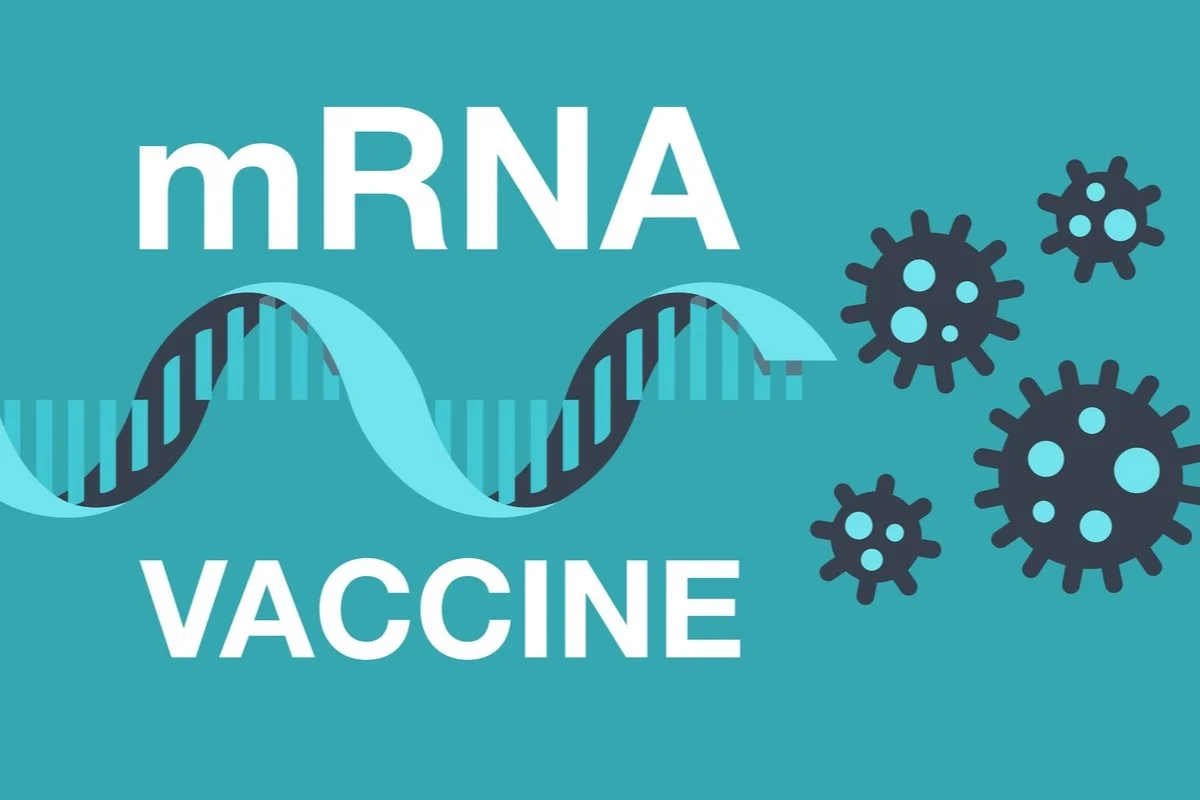Messenger RNA, also called mRNA, is a tool used for various applications. Almost all proteins can be produced through mRNA. This allows cellular expression of antigens or gene editing tools as required.
Chemical modifications and sequence engineering, like NTPs (modified nucleoside triphosphates) used during in vitro transcription, provide control mechanisms for messenger RNA performance.
With scalable manufacturing and a rapid development timeline, messenger RNA is a very attractive solution for therapeutic applications. Current messenger RNA therapeutics work either as ex vivo use of RNA or in vivo introduction of messenger RNA. This makes it suitable for the following applications:
Covid-19 Vaccines
The mRNA history traces way back to the 1990s when a researcher called Katalin Kariko started testing mRNA technological advancement as a kind of gene therapy. Since then, there have been several discoveries, which have led to the development of the RNA therapy field.
The global pandemic, Covid-19, has opened many possibilities for various institutions to concoct new components of vaccines and test approaches to technological advancement.
As the time came for the final stage of Moderna and Pfizer/BioNTech vaccine trials, it showed very astonishing 96% efficacy that gave people a tighter grip of home since Covid-19 started.
mRNA technological advancement can be new to people. But it remains an innovation, which scientists have been wagering for quite some time. This didn’t just show potential to be effective and safe against SARS-CoV-2. It is also promising against other infectious diseases.
Antibody Therapy
Antibodies are tailored molecules that immune cells products to deal with pathogens. They can be injected into an individual’s body to clear infections or as an antidote for toxins.
Technically, antibodies consist of four chains. These include two heavy chains and two light chains. These chains are modified and connected by disulfide bonds.
Eukaryotic cells are important for producing antibodies, as prokaryotic cells don’t glycosylate peptide chains. But this approach is costly. To allow affordable expression, some scientists produce single-chain variable antibody fragments in what is called E-coli.
Cancer Immunotherapies
Messenger RNA is the key to unlocking personalized cancer therapy. By combining artificial intelligence, liquid biopsies, and genetic screening, healthcare experts may manufacture and design messenger RNA therapies for patients’ unique tumor genetics.
Like vaccines, messenger RNA encodes cancer-specific proteins, which teach the immune system to target and recognize tumors, not healthy tissues.
Heart Failure
This happens when the heart muscle stiffens or weakens. And it may no longer be able to pump sufficient blood to meet your body’s needs.
According to researchers, mRNA molecules help to instruct T cells to restore heart function and blast fibrous tissue.
Final Touches!
Using mRNA to prompt the production of molecules, which serves a preventive or therapeutic purpose, is basically not a novel idea. For decades, mRNA development and research have improved such that workflows and technologies are ready for scale-up and optimization. This preparation has enabled researchers to expedite the manufacture and development of mRNA products for human use, including vaccines.

Comments